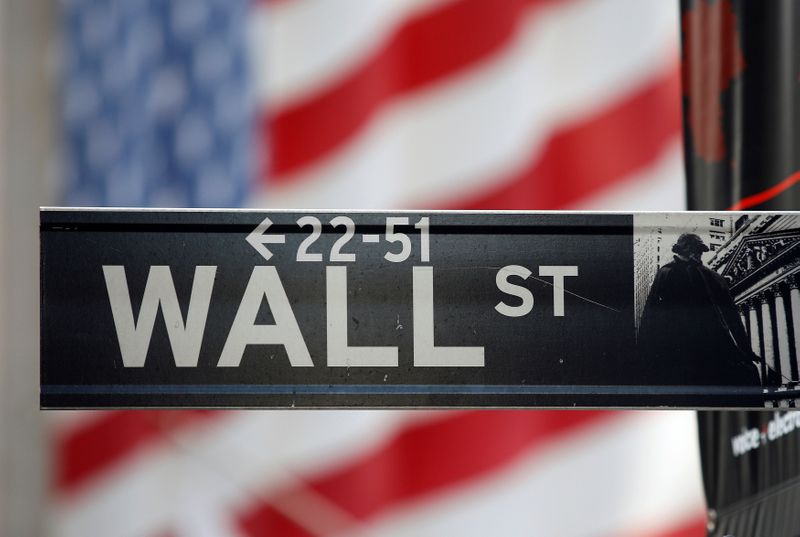This post was originally published on this site
https://i-invdn-com.akamaized.net/trkd-images/LYNXMPEGA91SW_L.jpg
NEW YORK (Reuters) – Options investors, who helped push technology stocks to record highs with buying sprees earlier this year, are now taking aim at small-cap and other economically sensitive companies, reflecting a broader rotation into value shares on news of an effective COVID-19 vaccine.
Demand for call options, used to position for gains in equities, has jumped among several travel and leisure companies whose shares have suffered under months of coronavirus-fueled lockdowns and travel restrictions, including United Airlines Holdings Inc (O:UAL), Marriott International Inc (O:MAR) and Wynn Resorts Ltd (O:WYNN), in the past week.
Investors have also rushed to position for further upside in small-cap stocks, whose performance is closely tied to sentiment about the U.S. economy.
Skew – which measures demand for put options, used to protect against downside, versus calls – has dropped sharply for the small-cap focused iShares Russell 2000 ETF (P:IWM). The drop in skew indicates a pick-up in call buying.
The options activity mirrors recent trading in U.S. stocks, where investors rotated from growth to value shares on Monday after Pfizer Inc (N:PFE) said its experimental COVID-19 vaccine was more than 90% effective.
The small-cap Russell 2000 (RUT) surged 3.7% and the S&P 500 (SPX) and Dow Jones Industrial Average (DJI) rose close to record highs as the vaccine news sparked hopes of a quicker path to a full economic re-opening and recovery. Meanwhile, the tech-heavy Nasdaq (IXIC) fell.
Both U.S. equities and options markets saw surges in trading volume. Options volume posted a record on Monday with more than 48 million contracts traded, according to data from the Options Clearing Corporation.
The rotation continued Tuesday as the Russell 2000 continued to outperform, rising 1.8%. The S&P 500 was little changed, while the Nasdaq fell 1%.
The rotation could spark a rush to call options in travel, leisure and other cyclical names, similar to that seen in August with tech-related names, especially as more individual investors participate, said Amy Wu Silverman, equity derivatives strategist at RBC Capital Markets.
“I think that retail traders … are ‘equal opportunity’ in their call exuberance,” she wrote in an email to Reuters.


